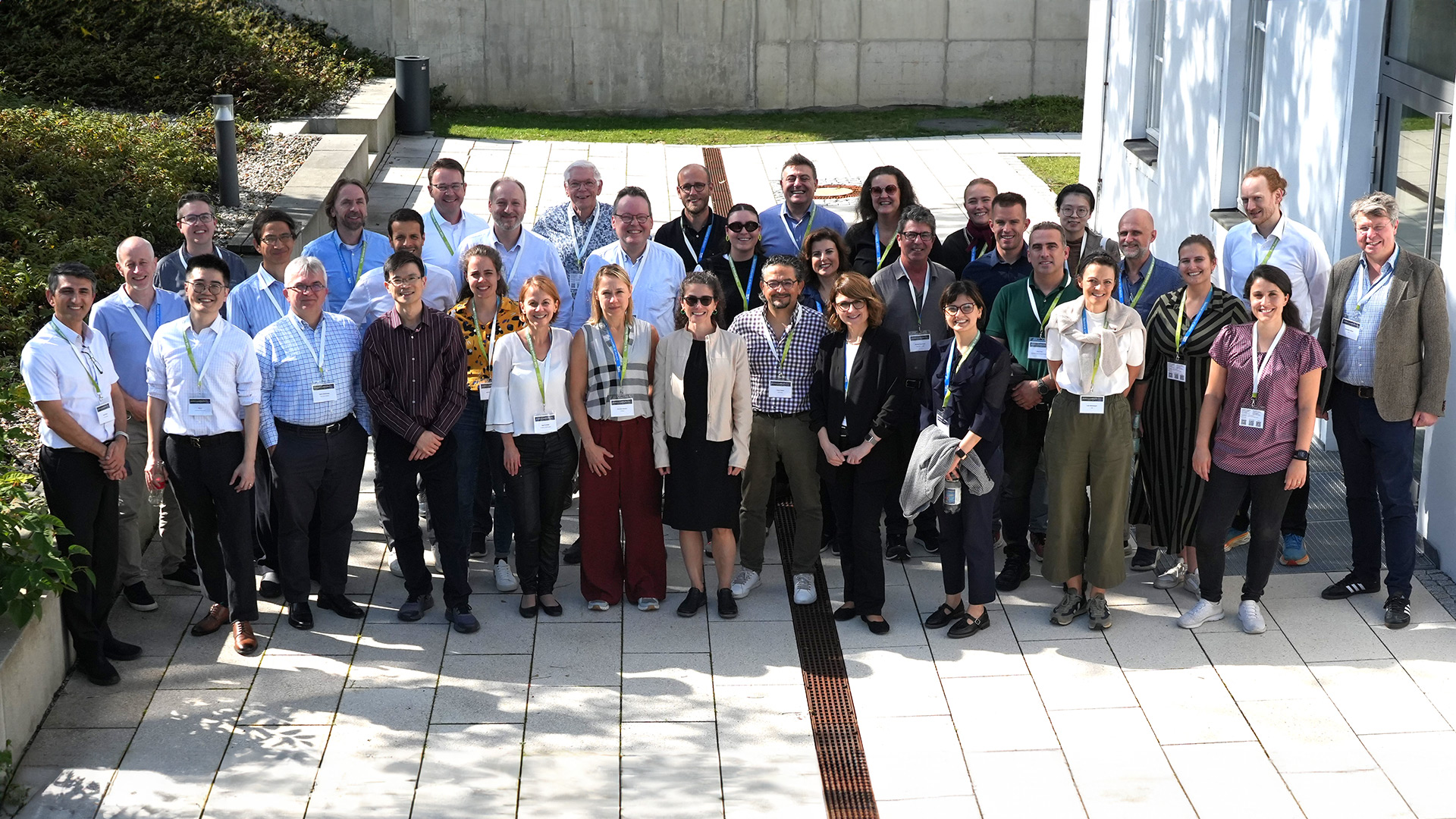The conference provided a platform for the exchange of the latest research results and practice-oriented approaches. The workshop was organised by Prof. Alexander Hübner (TUM), Prof. Dorothee Honhon (University of Texas, Dallas) and Prof. Arzum Akkas (University of Massachusetts). The scientists' lectures highlighted efficient avoidance strategies and the ecological impact of food waste, which has a significant impact on valuable resources such as water and energy. Around eight per cent of global CO₂ emissions could be saved by consistently avoiding food waste.
Industry representatives such as Rüdiger Blank from Kaufland Germany provided insights into successful measures that are already being implemented in practice to minimise waste along supply chains. Topics included optimising production and supply chains for fresh products, effective interactions between manufacturers and retailers, pricing strategies for selling perishable goods, and inventory planning in retail. The use of food banks and ‘imperfect’ food was also discussed.
Cross-industry collaboration
‘The workshop clearly showed how important it is to work together across industries to combat food waste and drive effective change,’ says supply chain expert Prof. Hübner from the TUM Campus Straubing. In addition to Prof. Hübner, Prof. Sebastian Goerg (Economics) and Prof. Clemens Thielen (Optimisation and Sustainable Decision Making) are also conducting intensive research at the campus to find solutions for reducing food waste. The focus here is on empirical studies to improve inventory and sales planning in the food retail industry.
In a project funded by the Federal Ministry of Education and Research (BMBF), the researchers are developing approaches to optimise logistics planning. The aim is to reduce emissions from the delivery of goods to stores while also minimising the amount of food waste generated in those stores through better planning. This work shows how science and practice can work together to find ways to sustainably address the problem of food waste and find a long-term solution.
